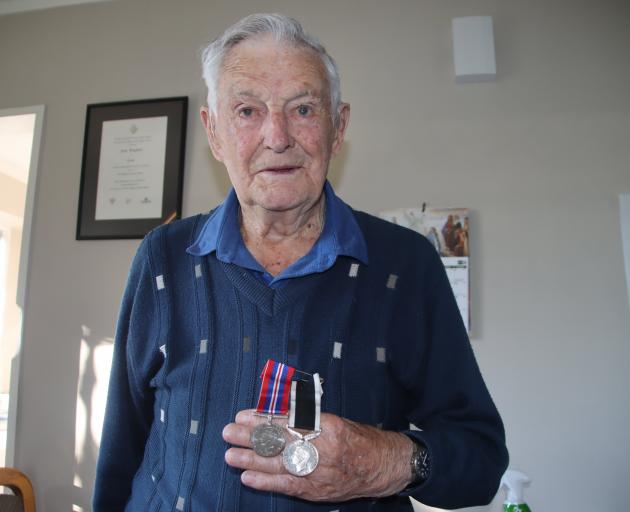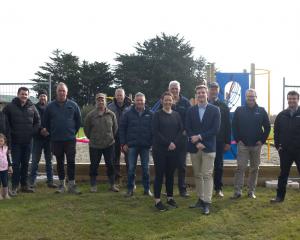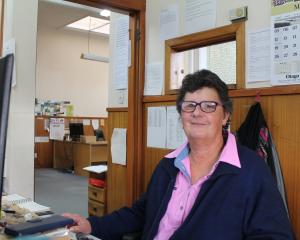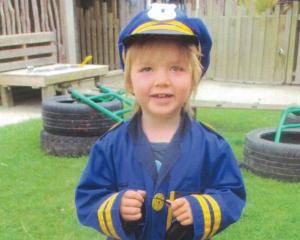
When Gore man Les Roughan received a letter from the Royal New Zealand Air Force telling him his application to join up was successful he was "quite brassed off", he says.
It was 1944 and before that he had spent about six months training in the New Zealand Army before being released to work on a farm near his home at Tuapeka.
"I was manpowered out of the army to work on farms and drive a team of horses," Mr Roughan said.
He was not sure how it came to be that he had volunteered for the air force because he did not fill in the application, he said.
He could not understand why he had to go to the air force when he had already served in the army.
However, once he arrived at the air force’s Woodbourne base at Blenheim, he realised living conditions were so much better than in the army and he did not mind so much.
"I just kept my mouth shut.
"I was happier there than in the army."
There were about 20,000 airmen in the district at that time and he became one of the ground crew staff .
He was assigned to look after one of the Harvard training aircraft.
His responsibilities included starting the aircraft to warm it up, taxiing it on to the tarmac, refuelling and guiding the pilot to a parking space when he landed.
There was a bombing range at Lake Grassmere, about half an hour from Blenheim, where there was a salt works.
One day, one of the officers asked the air crew if anyone knew anything about fencing.
Mr Roughan was the only one who did know so he was assigned six men and a lorry to put up about 3km of fences at the bombing range.
"I quite enjoyed it.
"They told me I would be allowed to take the boys with me to the pub of an evening, as long as I was careful."
His unit was about to be deployed overseas but his next of kin had to sign a form allowing him to go because he was just short of his 21st birthday.
He was on a final leave home when the war finished in Europe and the air force wrote to him advising his deployment was cancelled and he should return to working on farms.
During this time he started shearing.
"It was an essential job for the war effort."
About two years later he received his discharge from the air force.
Anzac Day was an opportunity to remember all those who went to war, Mr Roughan said.
Some came back and some did not.
"You could have been one of either."












